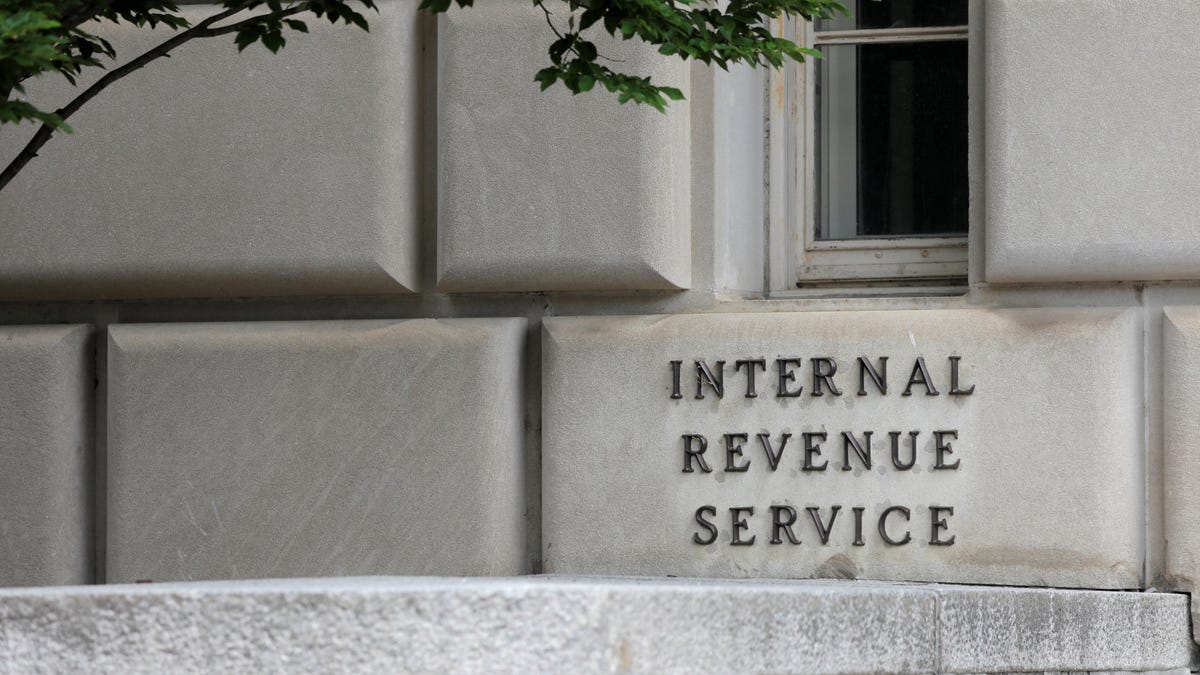Crypto traders don’t have to move their funds offshore to evade US taxes, as long as the US government allows wash trading of the nascent asset class.
A group of economists from Cornell University, the University of North Carolina, and Tel Aviv University have discovered that every time the US increases crypto tax scrutiny, trading activity rises at US-based exchanges. That’s because traders are selling crypto, recording losses on their taxes, and buying it back to avoid incurring any actual losses. The economists released their findings this week in a working paper published by the National Bureau of Economic Research.
It is illegal for stock traders to engage in wash trading, which occurs when they buy and sell an equity within a 30-day period before or after the sale. This rule doesn’t exist for crypto in part because of the scattered regulatory approach the US has taken towards it, the economists argue.
The IRS, for instance, treats crypto as property, while the Commodity Futures Trading Commision, which regulates derivatives markets, treats it as a commodity. Meanwhile, the SEC wants to apply securities regulation to large parts of crypto. The Financial Accounting Standards Board has said that accountants should no longer treat crypto as an intangible asset and should instead adopt fair-value accounting for it.
As a result of this regulatory confusion, the US is losing a significant amount of tax revenue. The researchers assumed a tax rate of 30% and paired that with falling bitcoin prices, and then estimated that the US Treasury likely lost somewhere between $10 billion and $16.2 billion.
This estimate doesn’t factor in what tax regulators could be missing in terms of NFT sales or gains made in decentralized finance protocols. The researchers found that transaction volume in NFTs and DeFi protocols would peak towards the end of each year, which is consistent with traders taking end of the year tax considerations into account when trading.
When specific exchanges are targeted in tax compliance campaigns, users tend to flock to offshore exchanges, which makes the need for international standards around crypto taxation especially pressing. Several other countries have outright banned crypto while El Salavador made bitcoin legal tender. Australia requires that cryptocurrency service providers report transaction data, but Germany and India offer no guidance on tax treatment of cryptocurrencies.
Our free, fast, and fun briefing on the global economy, delivered every weekday morning.


